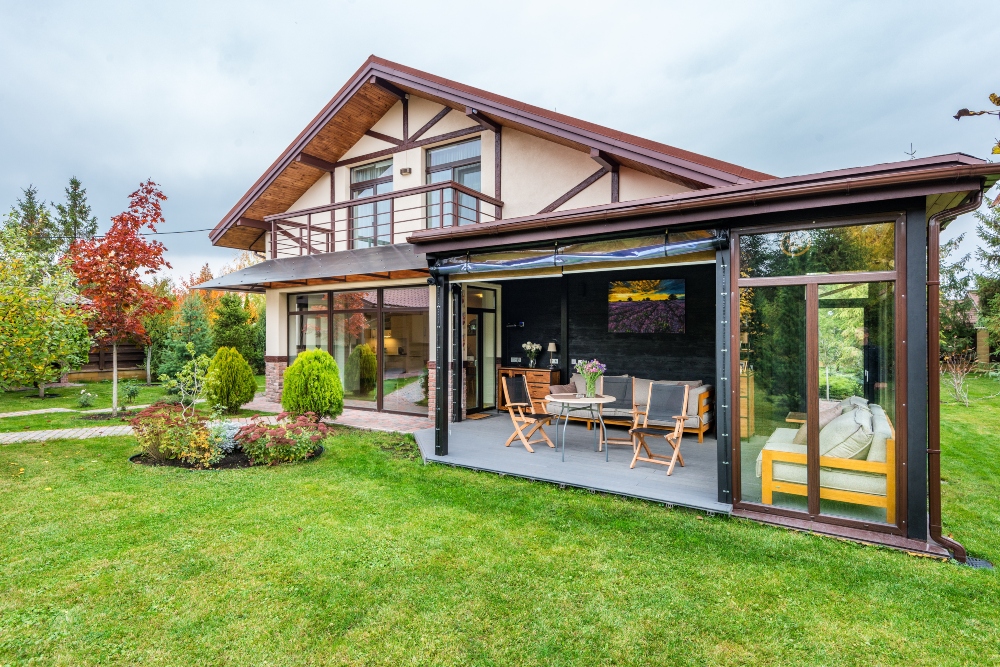
The image source is Pexels.
Building your dream home can be an exciting but also stressful process, especially if you’re doing it for the first time. For many people, building a home can be confusing and intimidating if they aren’t well-versed in what to expect. As such, here are a few tips every family should know before building their new home.
Tips and Tricks for Homebuilding
To ensure the most stress-free experience and satisfying results when building your home, it’s best to do your due diligence before you begin. Make sure you have the smoothest building process possible by following these tips and tricks:
1. Do Your Research
The first step in building the best home is picking the right plot of land. Before you start looking for parcels, do your homework by reading up on zoning, city codes, and other laws. You’ll also want to speak with an attorney about any legal requirements for deed transfers, as well as research your property tax rate and how it will be calculated. By thoroughly understanding local land regulations and trends in real estate—which are constantly changing—you’ll have an edge over others in your market who aren’t doing their homework. This will likely help you avoid some costly pitfalls when it comes time to buy or sell down the road.
2. Work With an Architect
When it comes to building new, it’s always best to work with an architect. The best home builders in NC are trained professionals who can translate your vision into a structure that’s functional, comfortable, and beautiful. For example, if your dream is to build an open-plan family room with high ceilings and skylights for lots of natural light, architects can help design those details into your plans so you get what you want in one place. Having them as part of your project ensures that they’ll take note of any structural concerns during the build as well.
3. Build with Quality Materials
Many factors go into your overall construction costs, but one major factor is the materials you choose. No matter what type of build you choose, a strong structure will save money down the road when repairs and upgrades aren’t necessary as often. For this reason, it makes sense to invest in higher-quality materials now to save yourself more trouble later. Look for long-lasting materials such as natural stone or hardwood floors instead of carpeting or laminate as these materials tend to hold up much better over time and may even add value to your property.
If your goal is to keep construction costs down, you may want to consider less expensive materials, within reason. Just be sure that you understand how much these decisions will cost down the road—and make sure that those savings are worth it. For example, if choosing high-quality flooring would require hiring one extra crew member or paying more per square foot of tile or carpeting, having to replace cheaper flooring multiple times will probably end up costing far more than splurging on better material in the first place.
4. Choose the Right Location
Your location could be what ultimately makes or breaks your neighborhood. For instance, if there’s nothing nearby, why would anyone want to live there? It doesn’t stop there; consider other factors like how much traffic will drive by your house on their way to work? Can kids walk to school or safely bike to friends’ houses? Is there a supermarket nearby or is everything at least 10 minutes away? Be sure to keep these and other considerations in mind while planning where you’ll build your dream home.
5. Finalize the Budget
Before you begin planning your dream home, make sure you know how much money you’ll have to spend on the entire process. As you calculate your budget, consider the cost of permits, inspections, and other fees that can quickly add up. When all is said and done, estimate two months of living expenses for living expenses in case of emergencies or bumps in your plan to make sure you can finish the build with the money you have left.
Conclusion
Take the stress out of the home building process by making a solid plan ahead of time. Keep this information in mind as you prepare to build your new home.


